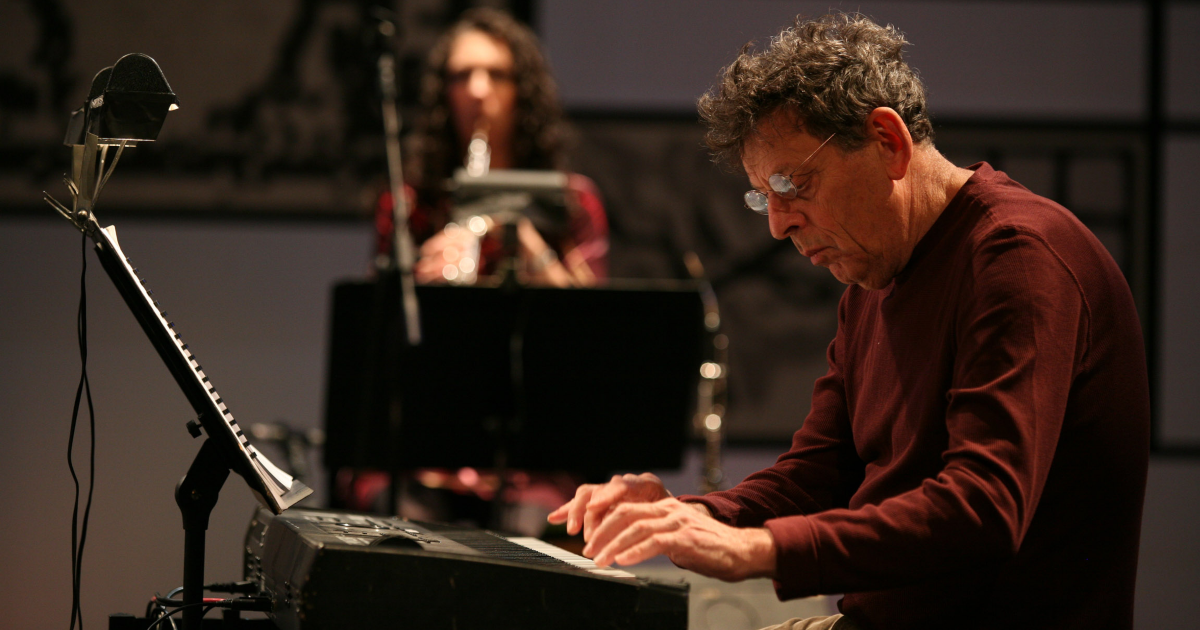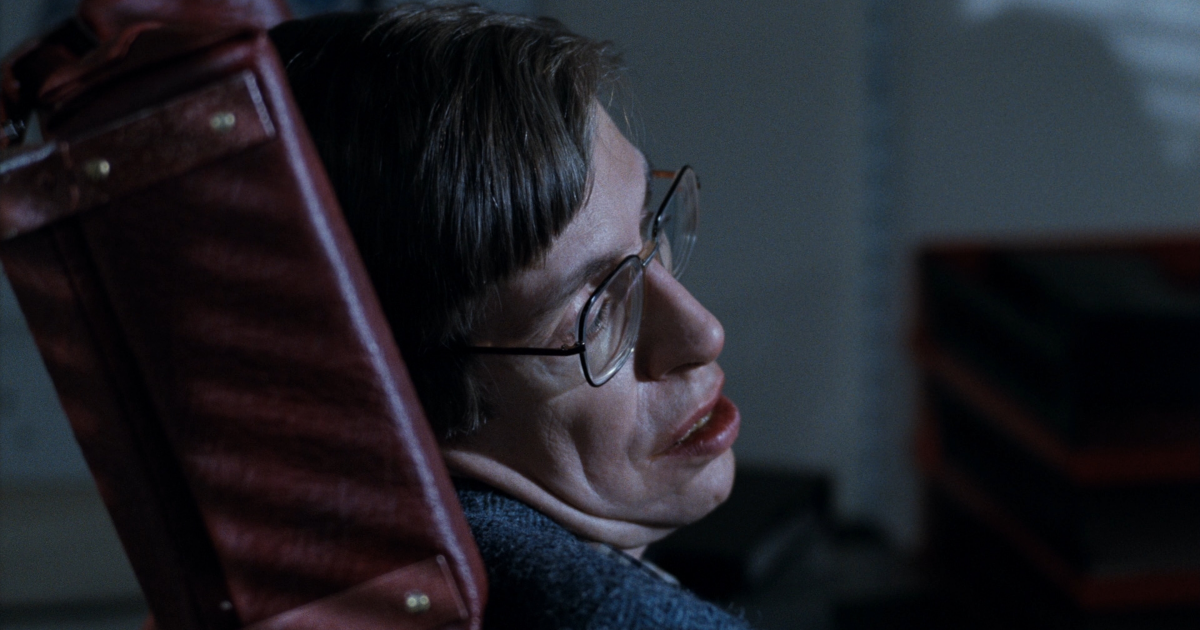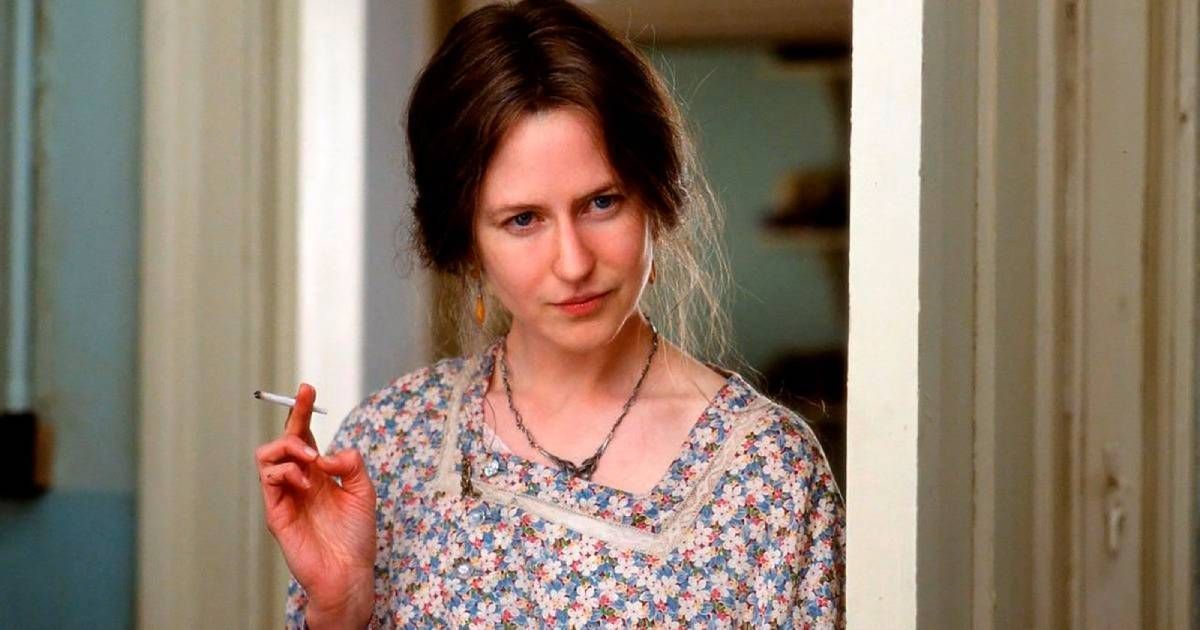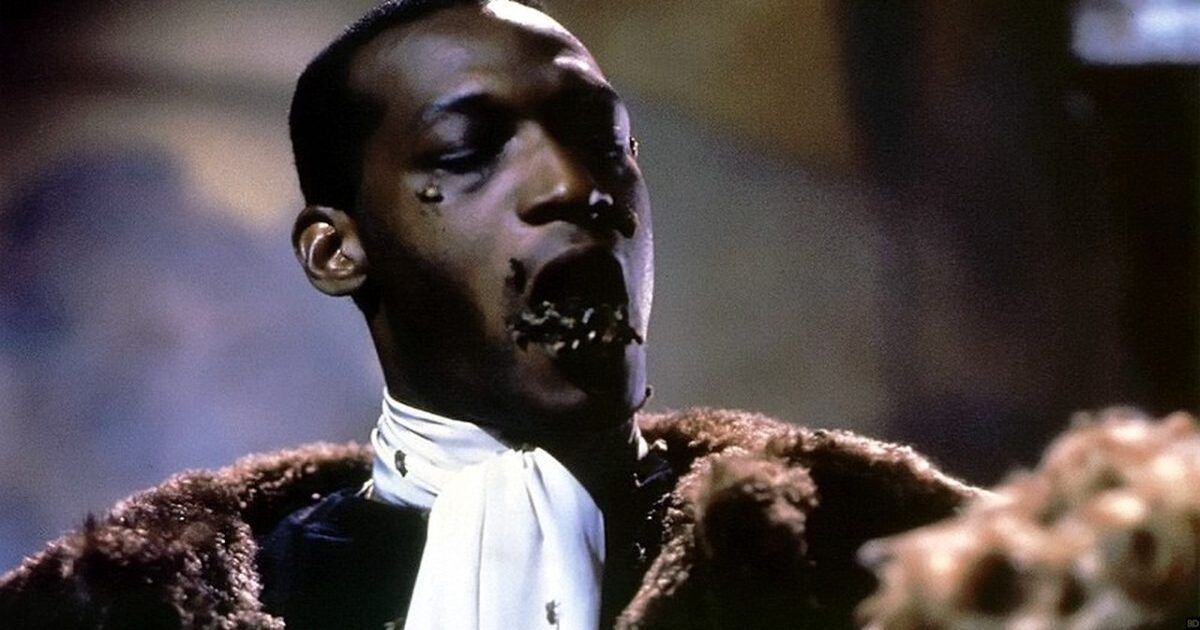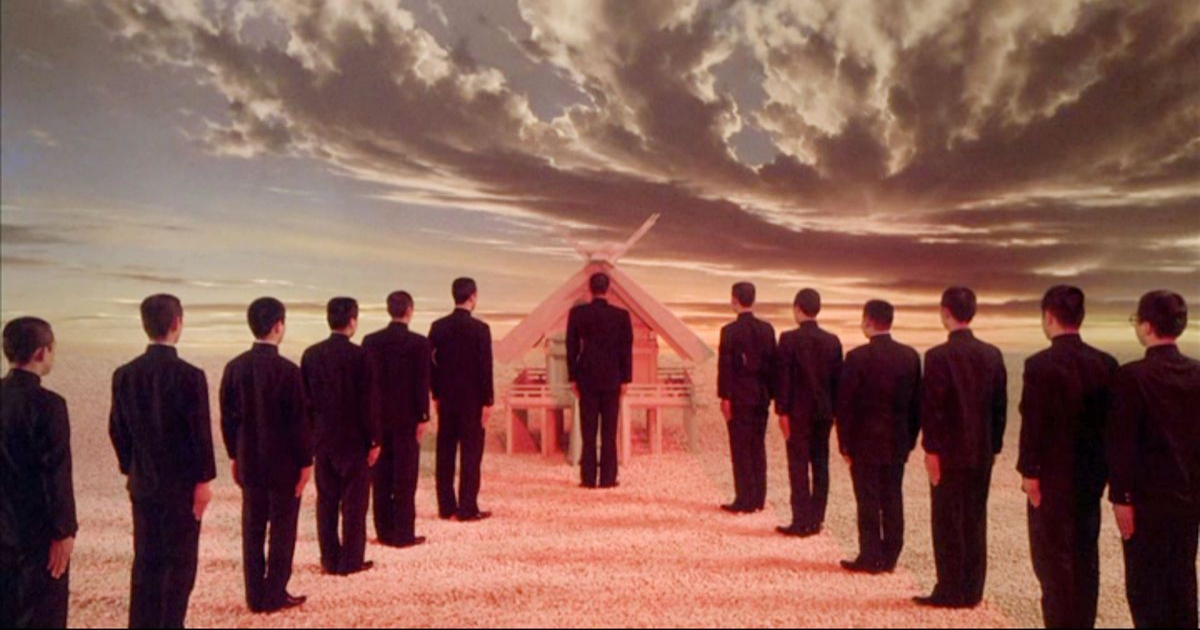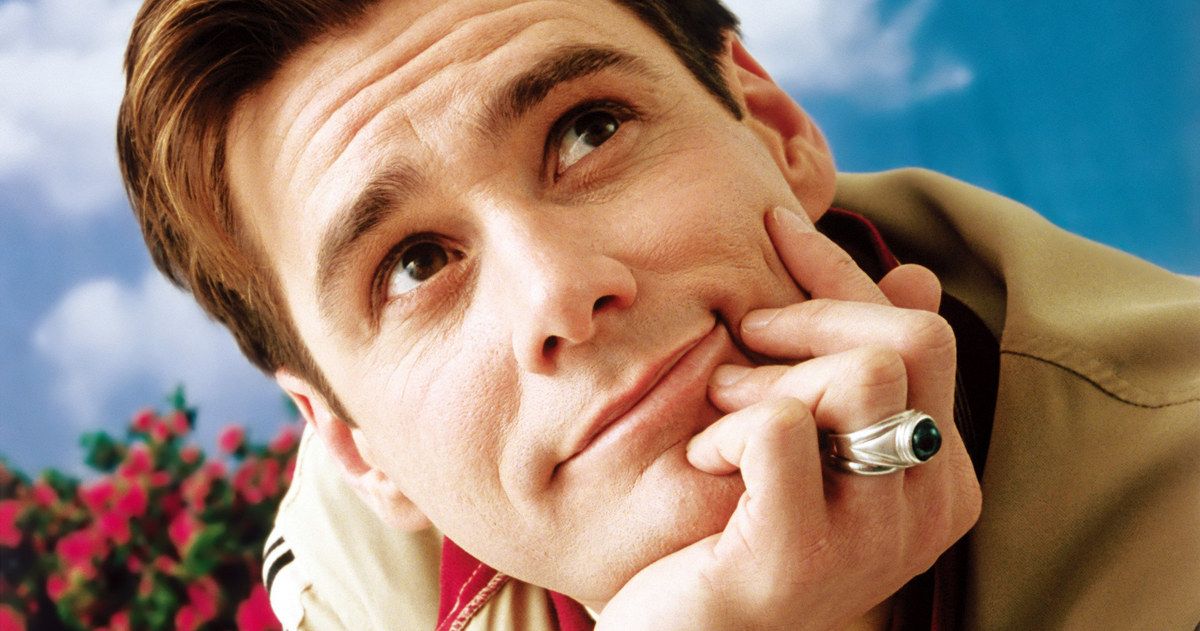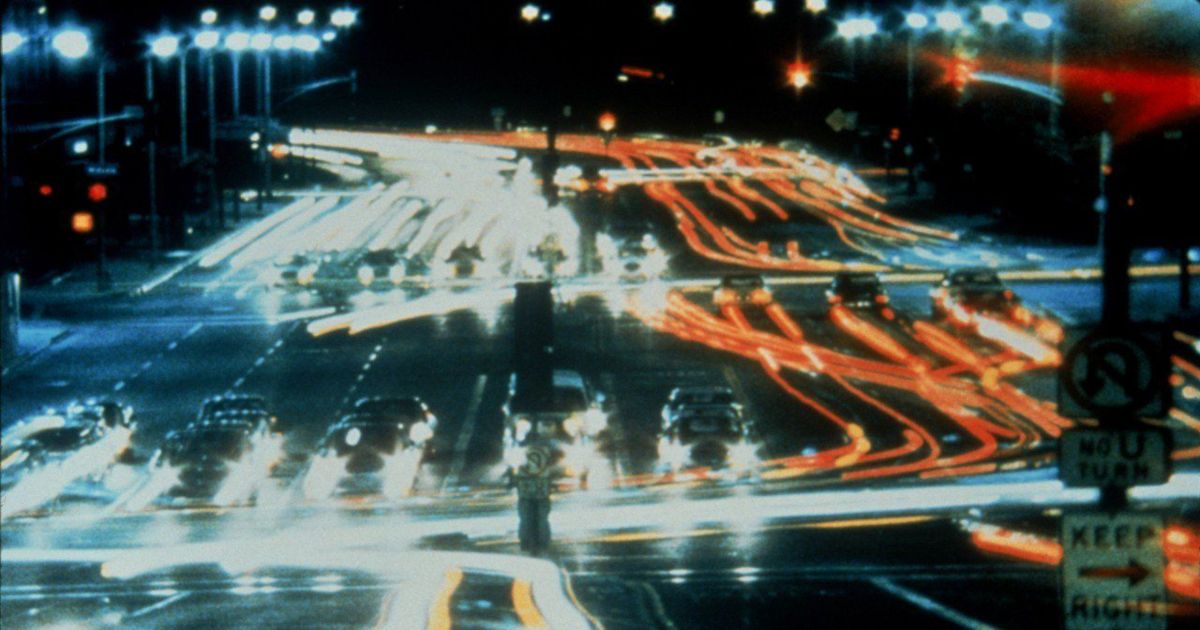Have you ever watched a video without its music? Maybe you’re scrolling social media in class watching random videos but don’t want to get caught, so you keep your phone on silent. If you were to turn on your phone’s volume, what would happen, besides getting in trouble with your professor? Chances are, watching the video with sound would be an entirely new experience. Now, think of your favorite film or movie series and imagine watching it completely without music. There would still be some sound, as you would get the dialogue as well as sound effects. But just think how different, and maybe even boring, that film would be without its musical backdrop.
It’s easy to take film scores for granted, as they are always present. Yet, film scores are perhaps one of the most important aspects of a movie. That’s because they set the tone by creating suspense, lightening the mood and making us feel at ease, or unnerving us and making our skin crawl. Indeed, composing great film scores is no easy fleet and that’s why today’s article is highlighting a talented and underrated American composer, Philip Morris Glass.
Considered to be one of the most influential composers of the late 20th century, Philip Glass is known for minimalist work, which is music often composed of shifting layers and repetitive phrases with slight variations. While his operas and symphonies are considered some of the best modern classical music, here’s an overview of some of Glass' best film scores.
6 A Brief History of Time
Phillip Glass partnered with director Errol Morris to score the music for A Brief History of Time, which is a 1991 biographical documentary film about the physicist Stephen Hawking. The music captures a tone of brilliance and wonder which beautifully portrays the essence of the brilliant Hawking and his awe-inspiring ideas. Not many documentaries are known for their amazing music, so Philip Glass’s work really speaks for itself. In addition to scoring A Brief History of Time, Glass also composed excellent soundtracks to some other documentaries, like The Fog of War, a 2003 war documentary, and the 1988 documentary drama The Thin Blue Line, both also by Morris.
5 The Hours
Philip Glass has yet to win a prestigious Academy Award, but he has been nominated for several for his work on Kundun (1997), Notes on a Scandal (2006), and this next film, The Hours (2002). The Hours tells the often heartbreaking story of three women searching for more meaningful lives, and the soundtrack perfectly matches their yearning and desire. The musical score is simple with the piano taking center stage. Yet, there are other instruments sprinkled throughout the songs in tandem with a staccato rhythm which mimics a ticking clock, hinting at what could be, and thus mirroring the journey the three women undertake in their lives.
4 Candyman
Composing the soundtrack for horror films is a different kind of beast (pun intended). Any good horror score should make its viewers uncomfortable and squirm in their seats, and the Candyman soundtrack is a prime example. The music heavily relies on the organ, which is creepy in itself due to its association over the years with Dracula and haunted castles. If you listen to the Candyman theme, you’ll hear the same musical motif over and over and by the fifth time, it begins to feel unsettling and familiar, but in an eerie way. It’s almost as if the horror film’s great villain, the Candyman, is watching you with unseen eyes.
3 Mishima: A Life in Four Chapters
Mishima: A Life in Four Chapters is based on the life and work of controversial Japanese writer Yukio Mishima. His work was then adapted into the 1985 biographical drama film which tells his story in four parts or chapters. This score composed by Philip Glass is rather loud and attention-grabbing in contrast to some of his other work. Plus, the music shifts and has a different musical motif for each of the four “chapters” of the film. The different motifs work as solo pieces but then fit together perfectly as a whole to create a stunning masterpiece of music.
2 The Truman Show
While Phillip Glass may not have yet won an Oscar, he has won a Golden Globe for his musical score for The Truman Show, which he shared with German-Australian composer Burkhard von Dallwitz. The Truman Show is a psychological comedy-drama film, which means that the soundtrack has the task of capturing several different genres. Glass’ work does so beautifully, supporting Truman Burbank as he lives his daily life under the watchful eye of everyone else. The music matches his confusion as he begins to realize that everything is not as it seems. Finally, there is a lightheartedness to the score, as the film is also part comedy and supposed to be amusing. It's one of the more whimsical and emotional of Glass' work.
1 Koyaanisqatsi
Koyaanisqatsi is a 1982 experimental documentary film that explores the relationship between humanity and nature. The film’s title draws inspiration from the Native Hopi tribe's word, meaning “life out of balance.” Koyaanisqatsi features extensive footage of elemental forces, natural landscapes, and nature, juxtaposed with time-lapse footage of cities and factories, and is entirely without dialogue. Clocking in at an hour and 27 minutes, the film is backed with music from start to finish.
Thus, Koyaanisqatsi heavily relies on its soundtrack to help tell its story, without which it would never have become one of the most hypnotic movies of all time. Therefore, Philip Glass had to compose a soundtrack that would cover the film in its entirety, which is a difficult task for any composer. The end result is a masterpiece from Glass, whose music is enchanting and dramatic, and a work of great art on its own.

